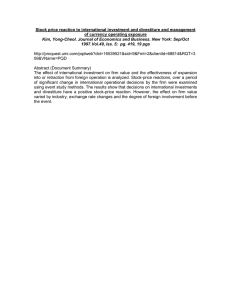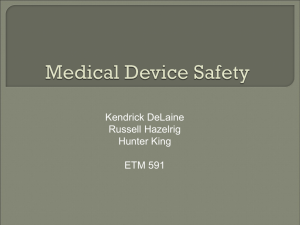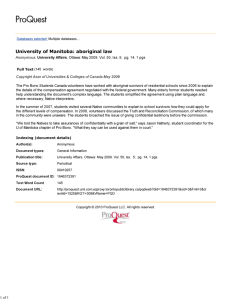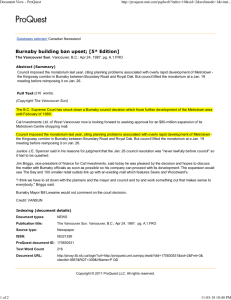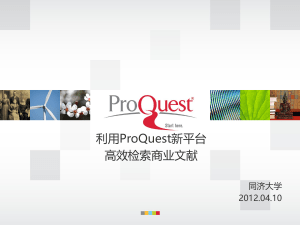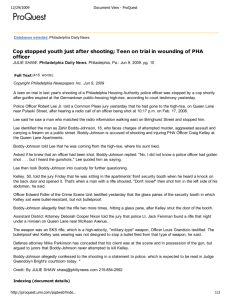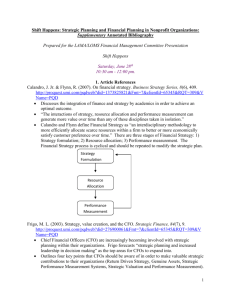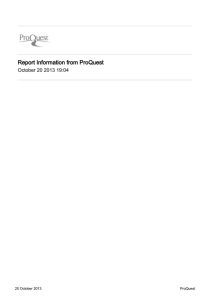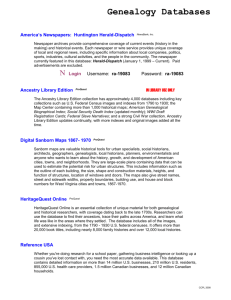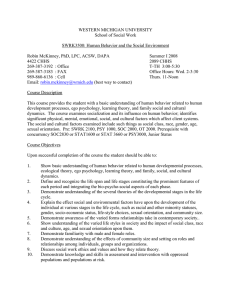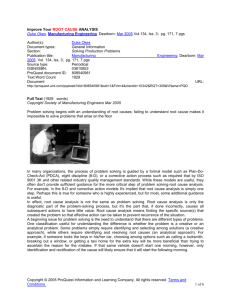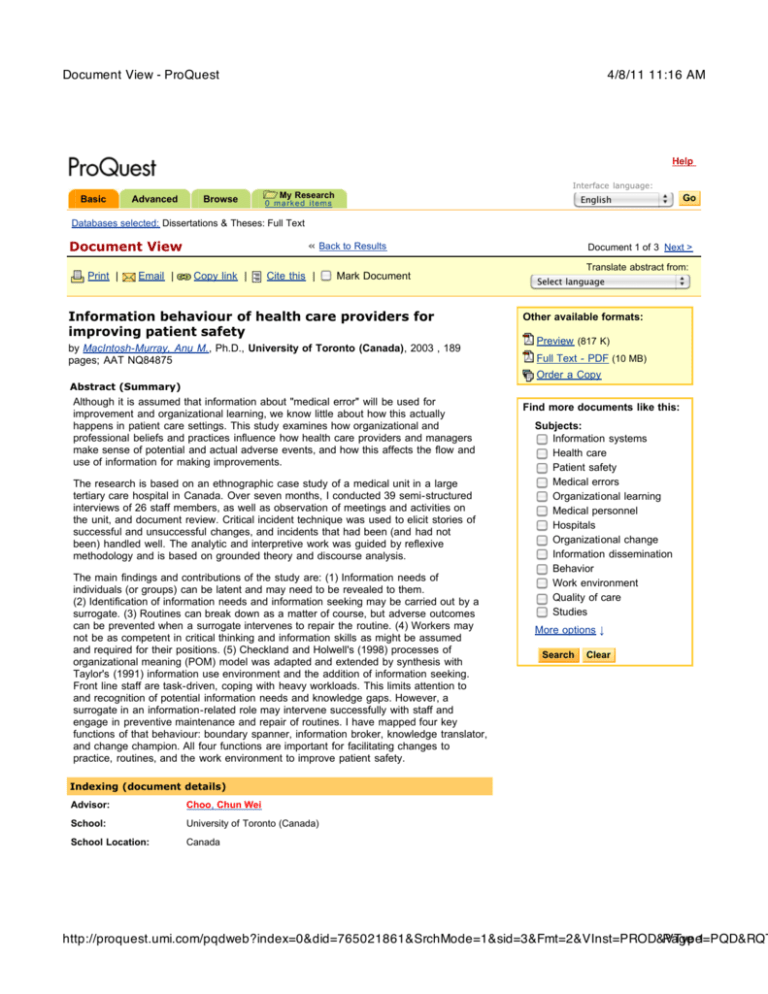
Document View - ProQuest
4/8/11 11:16 AM
Help
Basic
Advanced
Browse
Interface language:
My Research
English
0 m ark ed it e ms
Go
Databases selected: Dissertations & Theses: Full Text
Document View
Print |
Email |
« Back to Results
Copy link |
Cite this |
Mark Document
Information behaviour of health care providers for
improving patient safety
by MacIntosh-Murray, Anu M., Ph.D., University of Toronto (Canada), 2003 , 189
pages; AAT NQ84875
Document 1 of 3 Next >
Translate abstract from:
Select language
Other available formats:
Preview (817 K)
Full Text - PDF (10 MB)
Order a Copy
Abstract (Summary)
Although it is assumed that information about "medical error" will be used for
improvement and organizational learning, we know little about how this actually
happens in patient care settings. This study examines how organizational and
professional beliefs and practices influence how health care providers and managers
make sense of potential and actual adverse events, and how this affects the flow and
use of information for making improvements.
The research is based on an ethnographic case study of a medical unit in a large
tertiary care hospital in Canada. Over seven months, I conducted 39 semi-structured
interviews of 26 staff members, as well as observation of meetings and activities on
the unit, and document review. Critical incident technique was used to elicit stories of
successful and unsuccessful changes, and incidents that had been (and had not
been) handled well. The analytic and interpretive work was guided by reflexive
methodology and is based on grounded theory and discourse analysis.
The main findings and contributions of the study are: (1) Information needs of
individuals (or groups) can be latent and may need to be revealed to them.
(2) Identification of information needs and information seeking may be carried out by a
surrogate. (3) Routines can break down as a matter of course, but adverse outcomes
can be prevented when a surrogate intervenes to repair the routine. (4) Workers may
not be as competent in critical thinking and information skills as might be assumed
and required for their positions. (5) Checkland and Holwell's (1998) processes of
organizational meaning (POM) model was adapted and extended by synthesis with
Taylor's (1991) information use environment and the addition of information seeking.
Front line staff are task-driven, coping with heavy workloads. This limits attention to
and recognition of potential information needs and knowledge gaps. However, a
surrogate in an information-related role may intervene successfully with staff and
engage in preventive maintenance and repair of routines. I have mapped four key
functions of that behaviour: boundary spanner, information broker, knowledge translator,
and change champion. All four functions are important for facilitating changes to
practice, routines, and the work environment to improve patient safety.
Find more documents like this:
Subjects:
Information systems
Health care
Patient safety
Medical errors
Organizational learning
Medical personnel
Hospitals
Organizational change
Information dissemination
Behavior
Work environment
Quality of care
Studies
More options !
Search
Clear
Indexing (document details)
Advisor:
Choo, Chun Wei
School:
University of Toronto (Canada)
School Location:
Canada
http://proquest.umi.com/pqdweb?index=0&did=765021861&SrchMode=1&sid=3&Fmt=2&VInst=PROD&VType=PQD&RQT
Page 1
Document View - ProQuest
4/8/11 11:16 AM
Keyword(s):
Information behaviour, Health care providers, Patient safety
Source:
DAI-A 64/10, p. 3518, Apr 2004
Source type:
Dissertation
Subjects:
Information systems, Health care, Patient safety, Medical
errors, Organizational learning, Medical
personnel, Hospitals, Organizational change, Information
dissemination, Behavior, Work environment, Quality of care, Studies
Publication Number:
AAT NQ84875
ISBN:
9780612848757
Document URL:
http://proquest.umi.com/pqdweb?did=765021861&sid=3&Fmt=2&clientId=12520&RQT=309&VName=PQD
ProQuest document ID: 765021861
Print |
^ Back to Top
Email |
Copy link |
Cite this |
Mark Document
« Back to Results
Publisher Information
Document 1 of 3 Next >
Copyright © 2011 ProQuest LLC. All rights reserved. Terms and Conditions
Text-only interface
http://proquest.umi.com/pqdweb?index=0&did=765021861&SrchMode=1&sid=3&Fmt=2&VInst=PROD&VType=PQD&RQT
Page 2

